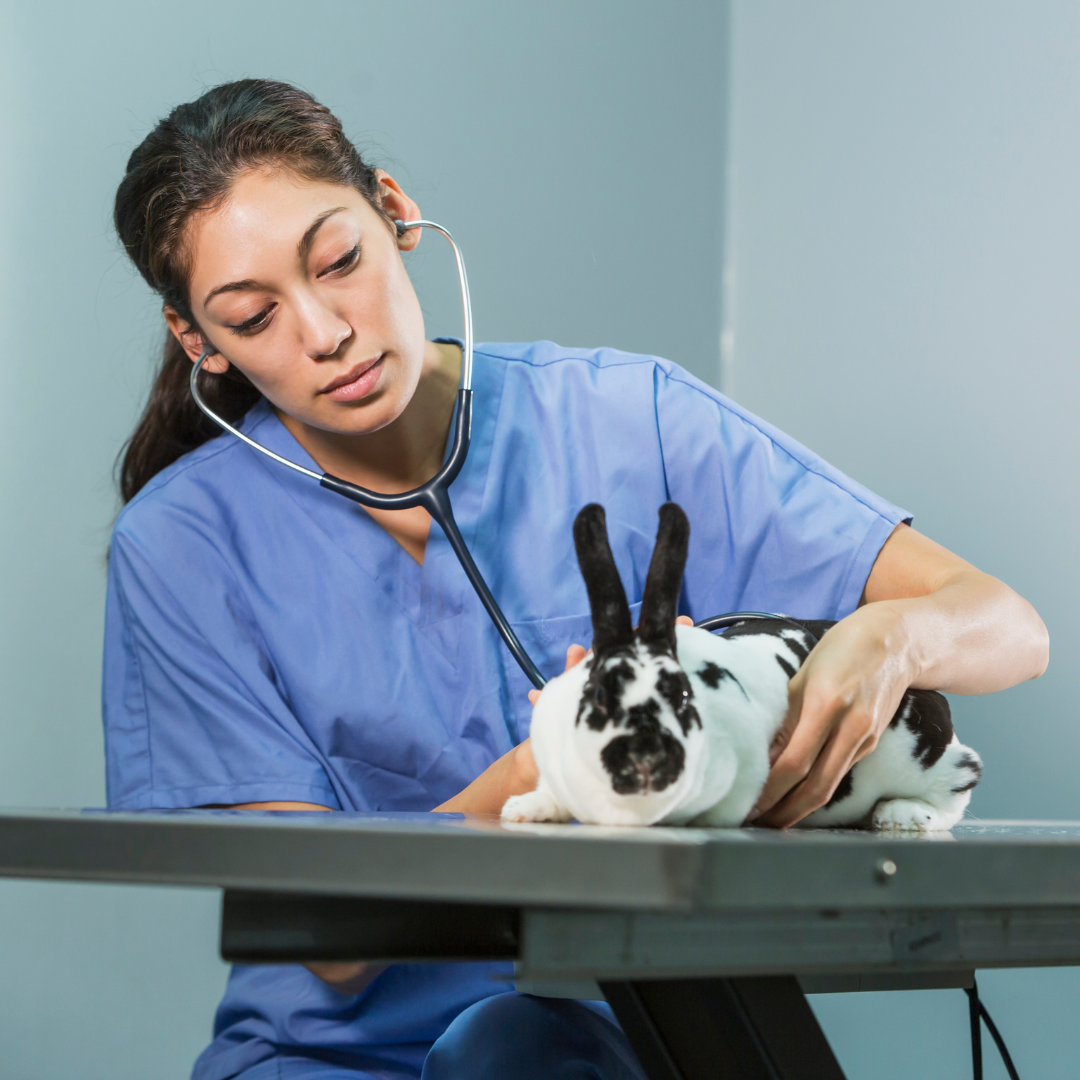
Pets are great. They provide tons of love and companionship – but what do we do when they get sick? It’s so easy to panic when our furry friend gets sick. It’s not always the easiest thing to deal with. Emergencies like this can be complex enough with kids. Still, we might not know what to do if our pet is hurt or has a medical problem that needs resolving in a hurry. Check out this article to see how we can better prepare ourselves for an emergency.
What is Emergency Pet Care?
Emergency pet care involves the immediate medical treatment of a sick or injured animal that requires urgent attention. This care can be administered by a veterinarian, a veterinary technician, or a trained pet first-aid responder. If we suspect that your pet is experiencing a medical emergency, it is crucial to contact a dyrlege nittedal (veterinarian Nittedal), or a similar professional nearby. In case the regular veterinary services are closed or unavailable, it’s recommended to take our pet to the nearest 24-hour veterinary hospital for prompt assistance.
What are Some Common Emergencies for Pets?
Many common emergencies can occur with our furry friends, and it’s essential to be prepared. Some of the most common pet emergencies include:
Gastric Dilation-volvulus (GDV)
Also known as bloat, this is a life-threatening condition that occurs when the stomach twists on itself, cutting off blood flow. GDV is most common in large, deep-chested dogs and can occur after a meal or exercise. Symptoms include an enlarged abdomen, drooling, restlessness, panting, and vomiting. If not treated immediately, GDV can lead to shock and death.
Choking
Pets can choke on anything from bones to toys to pieces of food. If our pet is choking, we will see them pawing at their mouth or throat, gagging, coughing, or wheezing. They may also have difficulty breathing. Do not try to reach into a pet’s mouth to remove the object – this could push it further down its throat. Instead, take them to the vet immediately.
Poisoning
Pets can be poisoned by ingesting anything from cleaning products to plants to human medications. Symptoms of poisoning vary depending on the substance ingested but may include vomiting, diarrhea, seizures, tremors, and difficulty breathing. If we suspect our pet has been poisoned, call our veterinarian or the ASPCA Animal Poison Control Center (888-426-4435) immediately for advice on what to do.
Heatstroke
Pets can suffer heat stroke when left in hot cars or outdoors for too long without access to shade and water. Symptoms of heatstroke include panting, drooling, lethargy, weakness, collapse, and vomiting. If our pets suffer from heatstroke, immediately move them to a cool area and wet their fur with cool (not cold) water. Take them to the vet as soon as possible – heat stroke can be fatal.
Signs an Animal Needs Emergency Care
Suppose our animal is experiencing any of the following symptoms. In that case, they may need emergency care, and we should take them to a vet or animal hospital as soon as possible:
- Difficulty breathing
- Excessive bleeding
- Loss of consciousness
- Seizures
- Sudden weakness or paralysis
- Swallowing a foreign object
How to Handle a Pet Emergency?
If our pet is experiencing a medical emergency, it is essential to remain calm and take quick, decisive action. The first step is to call a veterinarian or, if after-hours, the nearest animal hospital. Suppose we are unable to reach a veterinarian or animal hospital. In that case, we can take some basic steps to stabilize our pet until professional help arrives. For bleeding wounds, apply direct pressure with a clean cloth. If the bleeding does not stop within 10 minutes, take our pet to the nearest veterinary hospital.
If our pet is having trouble breathing, check for any blockages in the airway and clear them if possible. If our pet still has difficulty breathing, place them upright and bring them to the nearest veterinary hospital immediately. If our pet has suffered a seizure, keep them safe from injury by moving nearby objects out of the way and placing them on their side so they do not choke on their tongue. Do not attempt to restrain them or give them anything to eat or drink until they have recovered fully.
Once they have recovered, bring them to the veterinarian so they can be checked for any underlying medical conditions that may be causing the seizures.
Emergency Medications for Pets
If our pet has a medical emergency, there are a few things we can do to help them feel better until we can get them to the vet. If our pet has trouble breathing, try to keep them calm and comfortable. We can also put a cool, wet cloth on their head or neck to help lower their body temperature. If our pet is bleeding, apply direct pressure to the wound with a clean cloth. If our pet has a seizure, do not try to stop it. Just ensure they are safe from anything hurting them and wait for it to pass. Once we have stabilized our pets, take them to the nearest emergency veterinary hospital as soon as possible.
Keep Calm and Don’t Stress During an Emergency
When an emergency arises with our pet, we must know how to properly care for them until we can get them to a veterinarian. The most important thing is to remain calm and not panic. If our pet is bleeding, apply pressure to the wound with a clean cloth. If they are having a seizure, do not try to restrain them but instead clear the area around them of any potential hazards. If our pet is choking, gently attempt to remove the object causing the obstruction. If unsuccessful, take them immediately to the vet. And finally, if our pet has been exposed to poisonous substances, contact our local animal poison control center or take them to the vet immediately.
